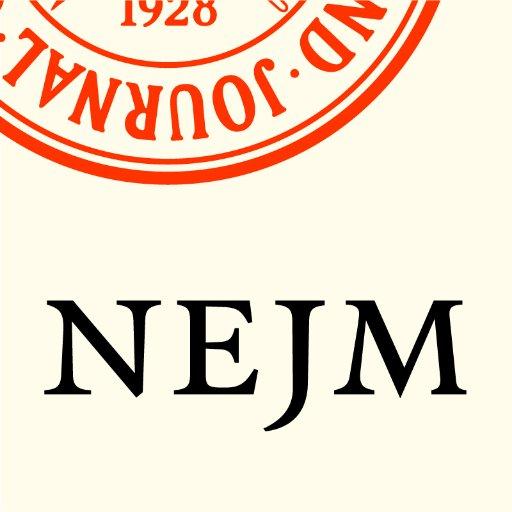A randomized controlled trial found that the “Camden Core Model,” a short-term care management program for individuals with complex health and social needs and multiple recent hospital admissions, did not lead to reductions in participants’ 180-day readmissions rates. This outcome suggests that care management interventions that target highly medically and socially complex populations to connect them to resources may be challenged by the underlying limited access to community resources such as, for example, housing and addiction treatment.
The Camden intervention includes multiple intensive clinical and social components delivered by a multidisciplinary team over a short time period. While other care management interventions have shown improved readmissions rates and other positive outcomes, the patient population served by Camden’s model has greater medical and social complexity and higher health care utilization. Since the study began in 2014, the Camden Coalition has continued to adapt its model through various strategies to redesign care to most effectively serve high-needs populations, such as partnering with non-medical community organizations. Future research will benefit from assessing the impact of this evolution toward broad coalition approaches, as well as from evaluating outcomes across broader metrics, including changes in overall health status, engagement with care, functional status, social outcomes, and total cost of care. Additionally, leaders of health care organizations pursuing interventions that target patients with high utilization of care must carefully assess the results of observational studies that may be biased toward positive results due to regression to the mean.
Read more about the Camden Coalition’s RCT.

